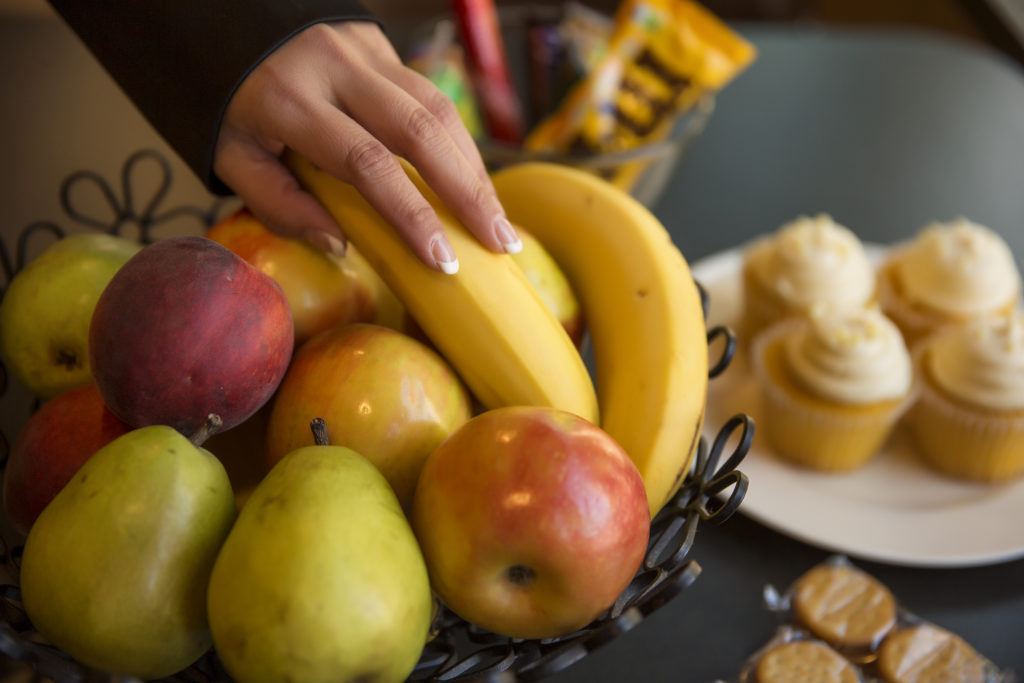Background
According to Feeding America, one out of every eight (1 in 8) Kansans are classified as food insecure, with one in five (1 in 5) children living in households that struggle to provide adequate food for family members. But, we believe this is a solvable issue. That belief led to the 2023 launch of the Hunger Free Kansas initiative, with initial funding and management provided by the Kansas Health Foundation.
This initiative consists of a robust network of stakeholders and infrastructure dedicated to tackling the issue of food insecurity throughout the state. The issue of hunger/food insecurity is highly complex, and will require a variety of ideas and experiments to make progress. To date, work done on this initiative has consisted of listening to a wide range of stakeholders, and opening up a crowdsourcing effort to collect the best ideas for ending hunger in Kansas. During this process, a total of 282 ideas were submitted from 81 different Kansas zip codes.
These initial efforts surfaced several key challenges to ending hunger in Kansas:
- Lack of shared understand, shared vision and shared momentum between the private, nonprofit and government sectors.
- Underutilized opportunities to work with schools to maximize funding and nutrition programs.
- The need exists for more alternative markets for local foods
- Inefficiencies and bureaucratic processes limit access to social services.
Opportunity
To help make progress on these key challenges, the Kansas Health Foundation is launching a one-time $1 million Hunger Free Kansas Grant Fund to be awarded for projects that:
- Are regional or statewide in scope
- Fit into one of the funding categories described in section three below.
- Can be completed within a timeframe of no more than two years.
We anticipate that the grants will be highly competitive and expect to fund between 3-8 total projects within this initiative. We hope to catalyze more resources and shared action for impact in the future, and we believe that creativity and learning will be instrumental to this work. Hunger Free Kansas hopes to learn alongside partners, exploring potential interventions and barriers to progress. We are looking for new innovations, rather than guaranteed success. Bold experimentation is encouraged so that funders and other stakeholders will unlock new ways of intervening and activate new resources.
Funding Categories
If you are a partner with a project that is regional or statewide in scope, please consider the four funding categories of 1) Shared Learning, 2) School-based Nutrition Programs, 3) Alternative Markets and 4) Social Services Access. We encourage you to read more about each of these categories by reading the content in the expandable sections below. Once you have done so, please determine which ONE category best aligns with your proposed initiative. Category three (Alternative Markets) is also open to projects that impact geographic areas inside a metropolitan city (population +100,000) where residents live more than a half mile from affordable, nutritious foods. It is not expected that applicants will be able to accomplish all objectives in a category. However, priority will be given to applicants who plan to accomplish multiple objectives.
